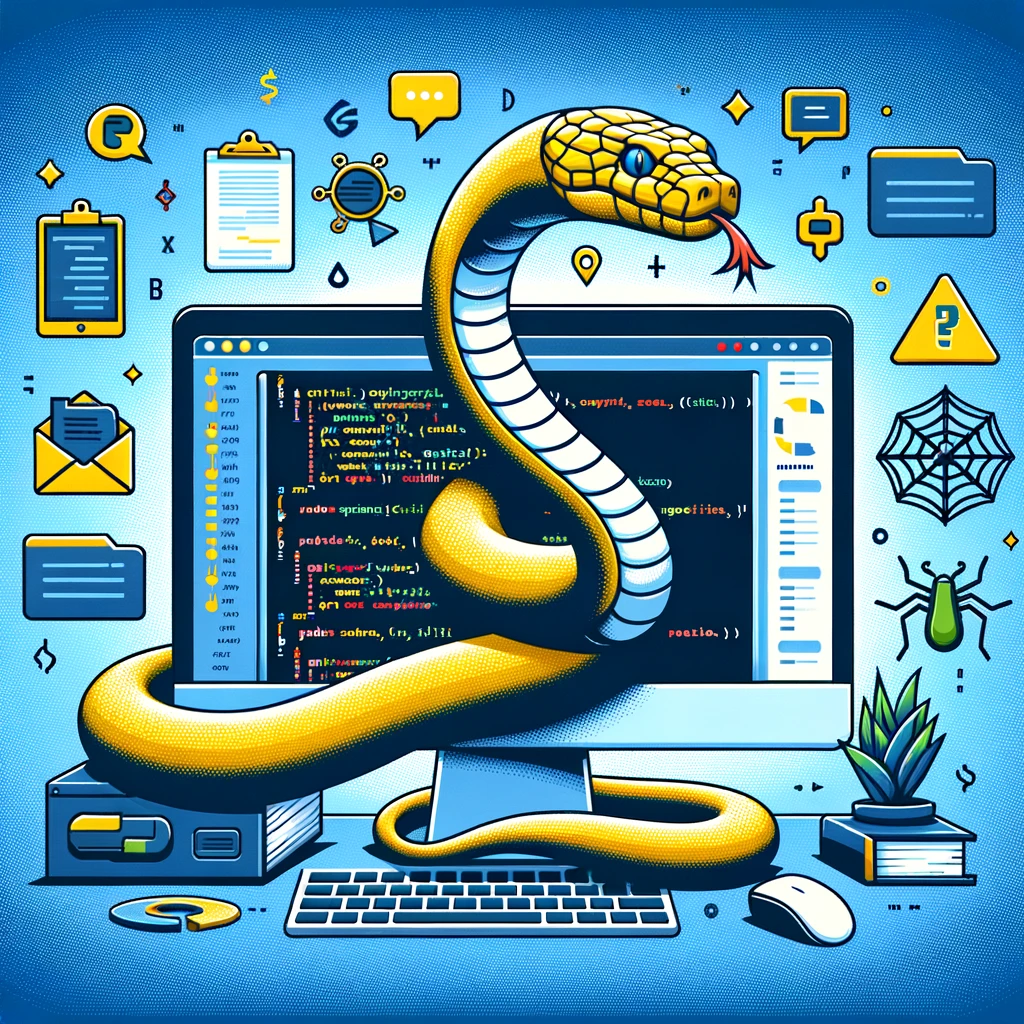Python, with its straightforward syntax and powerful libraries, has become an indispensable tool for developers across various disciplines. From automating mundane tasks to complex data analysis, Python scripting stands out for its versatility and efficiency. This article aims to provide a detailed walkthrough of Python scripting, covering its fundamental aspects, best practices, and highlighting useful tools and resources to elevate your scripting skills.
Introduction to Python Scripting
Python scripting involves writing small programs to automate repetitive tasks, making developers’ lives easier and more productive. Due to Python’s readability and simplicity, scripts can be quickly written and executed, offering a swift solution to complex problems.
Keywords: Python scripting, automate tasks, data analysis
Setting Up Your Environment
Before diving into scripting, setting up a proper Python development environment is crucial. This typically involves choosing an Integrated Development Environment (IDE) and installing Python on your system. Popular IDEs for Python include Visual Studio Code, PyCharm, and Jupyter Notebooks, each offering unique features for different types of projects.
Keywords: Python IDE, development environment, install Python
Understanding Python Syntax and Structure
Python’s syntax is designed to be readable and straightforward. A strong grasp of basics such as variables, data types, control flow statements (if-else, loops), and functions is essential for effective scripting. Python scripts usually follow a simple structure, starting with imports, followed by function definitions, and ending with a main block that controls the script’s execution.
Keywords: Python syntax, control flow, function definitions
Automating Tasks with Python
The core of Python scripting lies in automating tasks. This can range from file manipulation and web scraping to sending emails and data analysis. Libraries such as os for operating system interaction, requests for HTTP requests, BeautifulSoup for web scraping, and pandas for data analysis, greatly simplify the automation process.
Keywords: Python automation, file manipulation, web scraping
Error Handling and Debugging
Error handling is a critical aspect of writing robust Python scripts. Using try-except blocks allows scripts to handle exceptions gracefully, ensuring uninterrupted execution. Debugging tools and techniques, such as logging and using breakpoints in an IDE, are essential for identifying and resolving issues in scripts.
Keywords: Python error handling, debugging Python, try-except
Best Practices in Python Scripting
Adhering to best practices can significantly improve the quality and maintainability of Python scripts. This includes following the PEP 8 style guide, writing clear and concise documentation, and leveraging virtual environments to manage dependencies. Additionally, regular code reviews and refactoring can enhance code quality over time.
Keywords: Python best practices, PEP 8 style guide, virtual environments
Advanced Scripting Techniques
For those looking to push their Python scripting skills further, exploring advanced techniques such as asynchronous programming with asyncio, working with databases using SQLAlchemy, or creating graphical user interfaces (GUIs) with Tkinter can open up new possibilities and applications for Python scripts.
Keywords: asynchronous programming, Python databases, Python GUIs
Useful Tools and Resources
- IDEs and Editors: Visual Studio Code, PyCharm, Jupyter Notebooks
- Python Documentation: The official Python documentation is an invaluable resource for understanding the language’s core features and libraries.
- Online Courses: Platforms like Coursera, Udemy, and Codecademy offer courses tailored to Python scripting and automation.
- Books: “Automate the Boring Stuff with Python” by Al Sweigart is a highly recommended book for beginners looking to automate tasks with Python.
Conclusion
Python scripting is a powerful skill that can dramatically increase your productivity and broaden your technical capabilities. By understanding the basics, practicing error handling and debugging, and following best practices, you can write efficient and effective scripts. With the plethora of resources and tools available, there has never been a better time to master Python scripting.

No responses yet